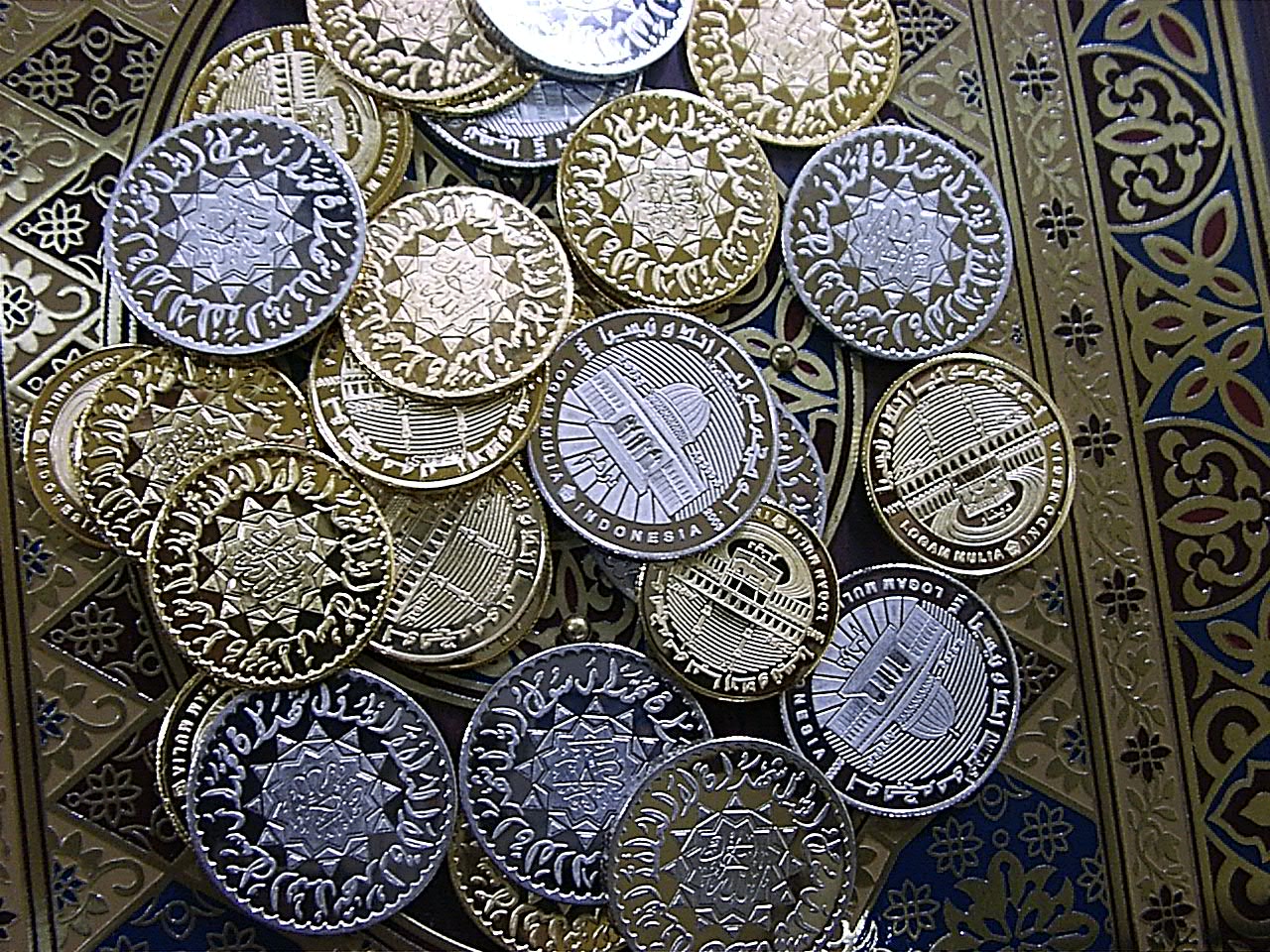CALL : WhatsApp UK: +44 7471763178 PK: +92 335 87 56789
FREE 15 MINUTE CONSULTATION
CALL : WhatsApp UK: +44 7471763178 PK: +92 335 87 56789
FREE 15 MINUTE CONSULTATION

Islamic Contracts are there to ensure that one’s business actions are complaint with the shariah.
Sharia and English contracts are similar in broad terms, there has to be an offer (ijab), an acceptance (qabul), there has to be consideration but not be illegal, there is to be no duress, the parties must have capacity (ahliyyah) there should be no misrepresentation and products to be free of defects and with rights to rescind etc. The differences between the two contract systems is that a Sharia contract is created under the auspice of God and the laws of social justice/fairness so there is a spiritual and a moral obligation to do right as it is God who creates wealth and gives as per verse 6:151. The spiritual auspices mean that a contract cannot be interest (Riba) based (Verses 2:277-81; 3:130; 4:161; 30:39; 5:62; 6:146 & Sahih Bukhari Volume 4, Book 51, Number 28). Riba from the Sharia’s point of view is not just based upon interest being applied to monies, it goes further and will cover any transaction which causes an unequal return to arise or which places a person at a disadvantage
Narrated Ibn 'Umar: The Prophet ﷺ said, "The selling of wheat for wheat is Riba (usury) except if it is handed from hand to hand and equal in amount. Similarly the selling of barley for barley, is Riba except if it is from hand to hand and equal in amount, and dates for dates is usury except if it is from hand to hand and equal in amount ((Sahih Bukhari Book of Sales & Trade Hadith 379)
The rationale behind the principles of Riba is such activities are likely to cause an imbalance in wealth distribution, as well as having a negative effect upon the economy as a whole which in turn affects society at large. This is why contracts which are speculative in nature (Maysir), involve gambling (Qimar), where the object is not legal (mubah), the cause is not legal (sabab). Contracts have to be conducted in just and honest manner which means that there cannot offend the principles of Ghararwhich is “potential deceptive ambiguity” Gharar is where information has been withheld exposing a party to a needless risk or where the contract creates an imbalance favouring one over another. Where Gharar arises, it will invalidate any contract unless it is minor in nature but should be avoided.
Hakim b. Hazim (Allah be pleased with him) reported Allah's Messenger (ﷺ) as saying: Both parties in a business transaction have the right to annul it so long as they have not separated; and if they speak the truth and make everything clear they will be blessed in their transaction; but if they tell a lie and conceal anything the blessing on their transaction will be blotted out. (Sahih Muslim Book of Transactions Hadith 3661)
Therefore, there is no doctrine of freedom to contract in a Sharia-based contract as it involves the will of God, so the contract has to be mutually beneficial to all and where losses and profits are to be shared.
The auspices of God is to weave through a contract and where Sharia is not adhered to then it will result in the contract being viewed as being void (batil) as it defeats the objective of Gods social justice system.
The views expressed in this article are the personal views of Yasin M Din- Barrister at Law
References
We use cookies on our website to give you the most relevant experience by remembering your preferences and repeat visits. By clicking "Accept all cookies", you consent to the use of All the cookies.